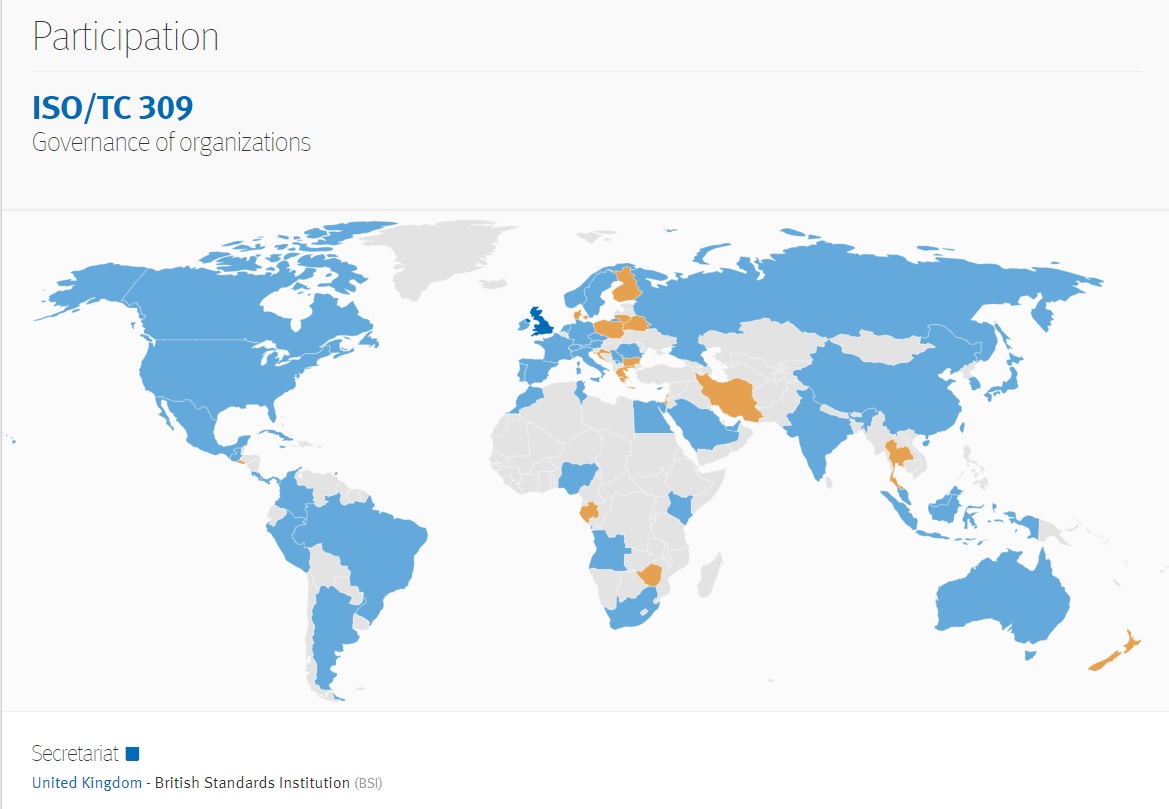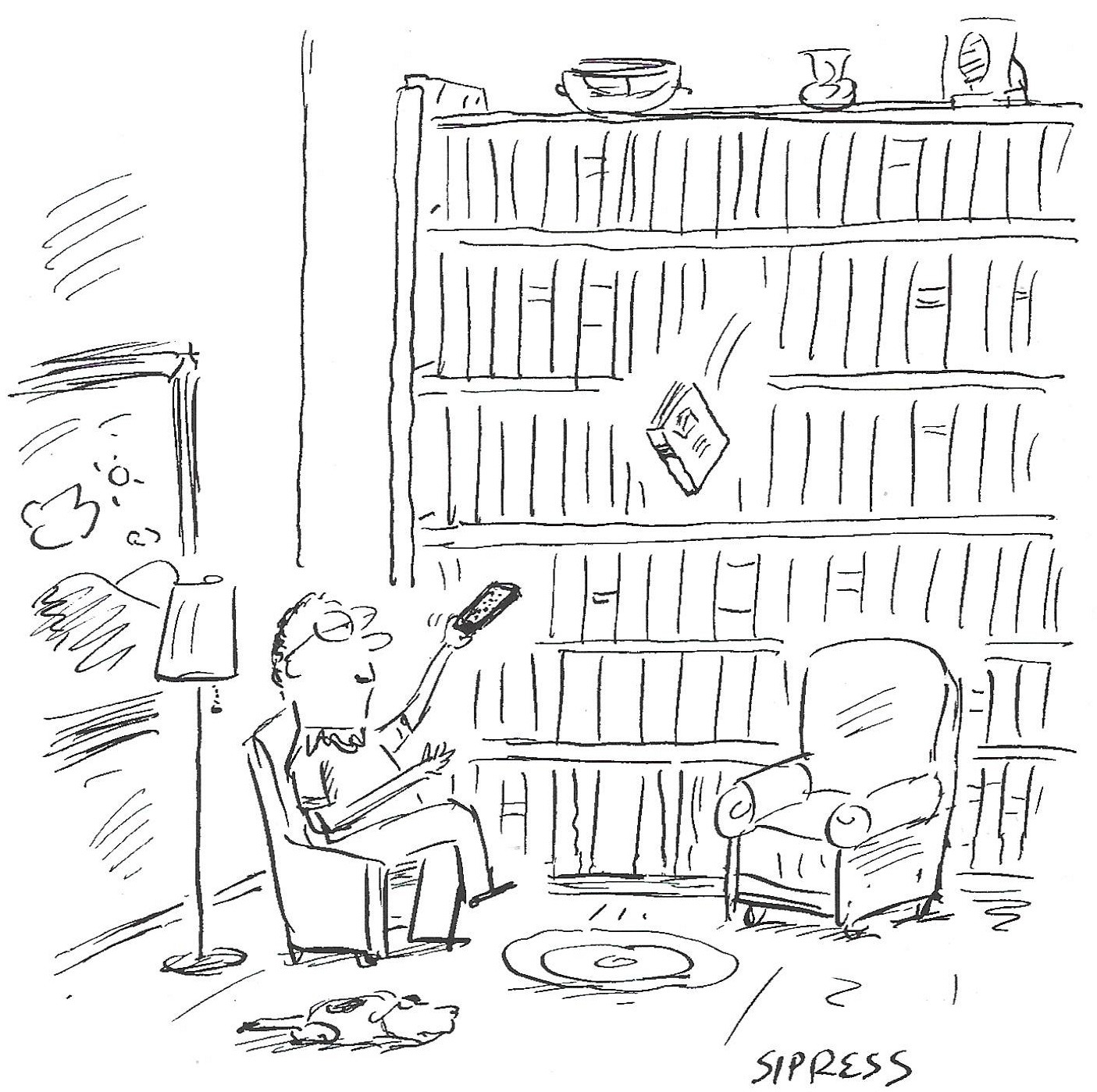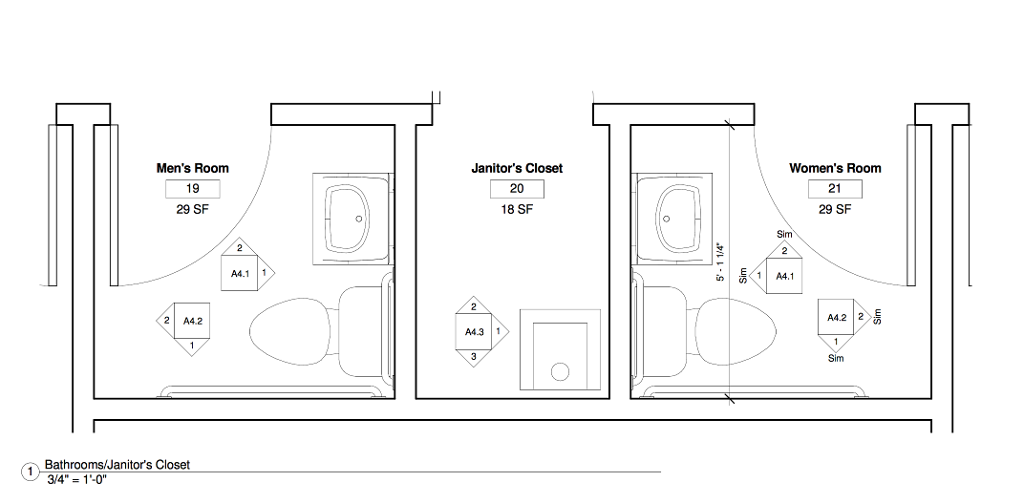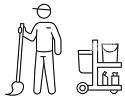MCity
- Home Page 79

Governance & Accountability of Organizations
A relatively new International Standardization Organization committee is developing a consensus product that sets the broad contours of standardization in the field of governance relating to aspects of direction, control and accountability of organizations. The foremost aim of international standardization is to facilitate the exchange of goods and services through the elimination of technical barriers to trade. We find technical barriers to trade (TBT) a growing discussion in the education facility industry; especially in research universities that deal with highly specialized products in laboratories. We see TBT issues show up purchasing regulations for federally-sponsored projects hosted on federally-sponsored facilities.
The strategic business plan of ISO/TC 309 is linked below:
Executive Summary ISO Technical Committee 309 (ISO/TC 309)
The US organization charged by the American National Standards Institute with administering the US Technical Advisory Group (US TAG) is the InterNational Committee for Information Technology Standards (INCITS). The INCITS committee will operate under the ANSI-accredited procedures for US TAGS. Click here for more information about joining the US TAG or other INCITS committees. Jennifer Garner is listed as the contact person (jgarner@itic.org).
We do not find any public commenting opportunities on this project at the moment — January of every year tends to be a slow time in the standards world — but continue to monitor it through INCITS. We keep this committee’s work products on our International Standards monthly teleconference. See our CALENDAR for the next online meeting; open to everyone.
Issue: [18-157]
Category: Administration & Management, International, Finance, Academics, Public Policy
Colleagues: Mike Anthony, Christine Fischer
Thomas Hobbes was a political philosopher who advocated for **absolute sovereignty** as the only way to ensure peace and security in a commonwealth¹². He believed that people in their natural state were in a constant state of war, and that they needed to surrender their rights and freedoms to a strong ruler who could protect them from violence and chaos³⁴. Therefore, Hobbes wanted **larger** government control, as he viewed government primarily as a device for ensuring collective security¹. He justified this by arguing that people consented to the authority of the sovereign in exchange for their safety⁵..
Thomas Hobbes’s philosophy of government is relevant today because it addresses some of the fundamental questions and challenges that modern societies face, such as:
- How to justify and limit the authority of the state over its citizens?
- How to balance the rights and duties of individuals in a social contract?
- How to deal with the threats of violence, anarchy, and civil war?
- How to promote peace, security, and cooperation among nations?
Hobbes’s answers to these questions may not be the same as ours, but they can stimulate our thinking and help us evaluate our own assumptions and arguments. Hobbes’s Leviathan is widely regarded as one of the most influential works of political philosophy in the history of Western thought, and it has inspired many thinkers and movements across different disciplines and ideologies.
Power Management For Data Centers Challenges And Opportunities
Power Management For Data Centers Challenges And Opportunities
Erling Hesla and Robert D. Giese
Abstract: This paper presents a broad view of management of design and implementation of power systems for Data Centers. The paper outlines many challenges that are present because of the demanding requirements of Data Centers both in design and management, then introduces opportunities that recent technological advances have made possible. This paper presents several new approaches of ownership and responsibilities that directly affect financial viability of the Data Center.
IEEE Education & Healthcare Facility Electrotechnology
Infotech 400
“Though I am not a prophet, nor the son of a prophet,
yet I venture to predict that before the end of the century
many a person who now reads this page will receive a flash of intelligence
from some other mortal thousands of miles distant,”
“The Telegraph and the Press”
— Charles F. Briggs (New York Herald, 1844)
Today we break down the literature for building, maintaining and supporting the computing infrastructure of education settlements. We use the term “infotech” gingerly to explain action for a broad span of technologies that encompass enterprise servers and software, wireless and wired networks, campus phone networks, and desktop computers that provide administrative services and career tech video production. The private sector has moved at light speed to respond to the circumstances of the pandemic; so have vertical incumbents evolving their business models to seek conformance revenue. Starting 2023 we break down the topic accordingly:
Infotech 200: Wired and wireless infrastructure for education and administration related to teaching sciences and supporting fine and lively arts
Infotech 400: Physical system middleware for research facilities; data center location, power supply, cooling systems, fire suppression, security, monitoring and management.
The literature radiates continually by consortia, open-source, or ad hoc standards-setting domains rather than the private standards system administered by global and standards setting bodies; to wit:
International:
IEC (EN 50600), IET, ISO, ITU
IEEE
United States:
Data Center Operations and Maintenance Best Practices
Everywhere else:
3GPP & 3GPP2, Apache Software Foundation, ISTE, OneM2M, Uptime Institute
The ICT domain is huge, replacing physical libraries. The foregoing is a highly curated sample.
We continue to include teaching and learning media standards on our colloquia however it is likely that will break up this topic into at least two related colloquia as 2022 proceeds; with primary focus on the design, construction and maintenance of the physical ICT infrastructure. Much depends upon the interest of our clients, colleagues and other stakeholders. We collaborate closely with the IEEE Education and Healthcare Electrotechnology Committee.
Use the login credentials at the upper right of our home page.
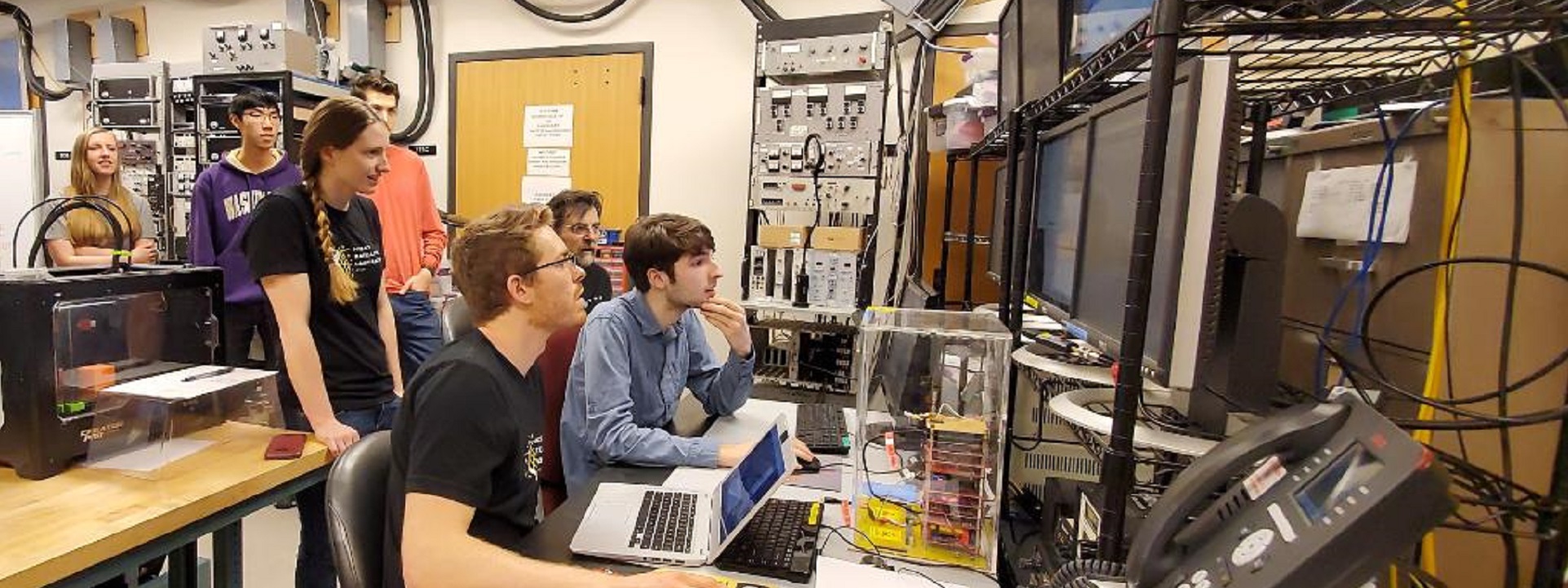
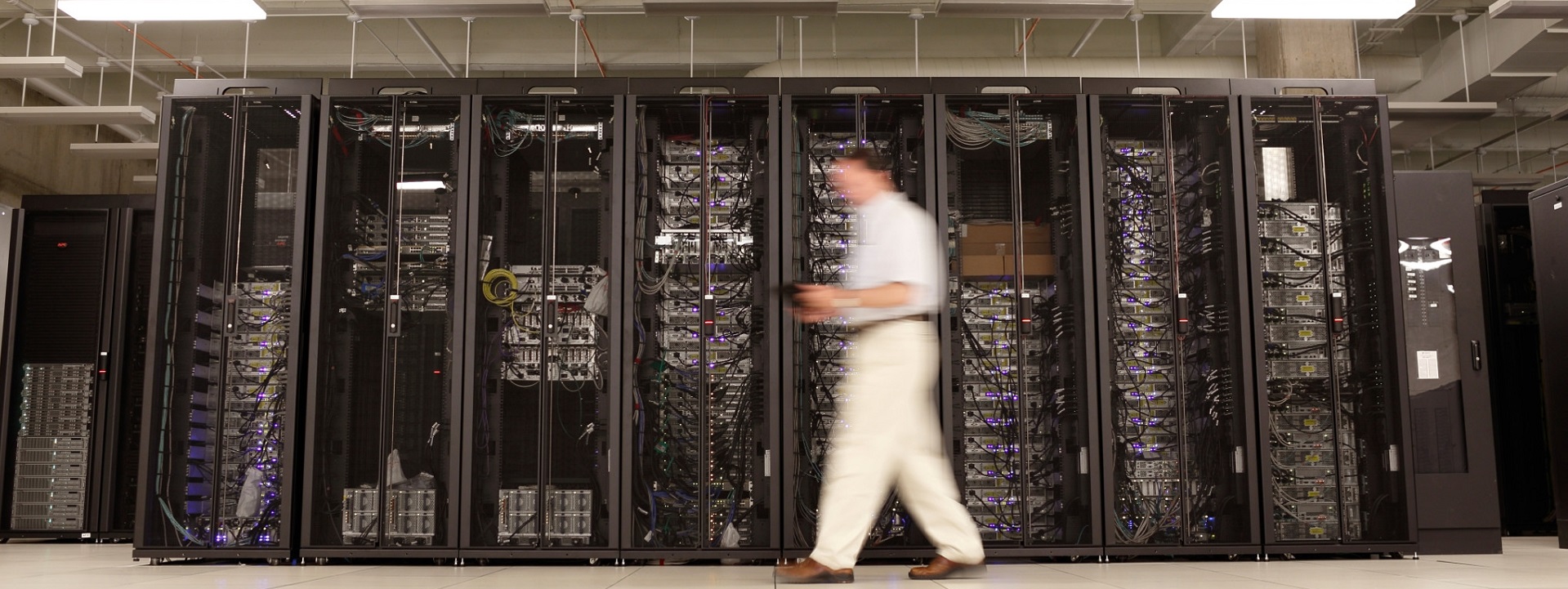
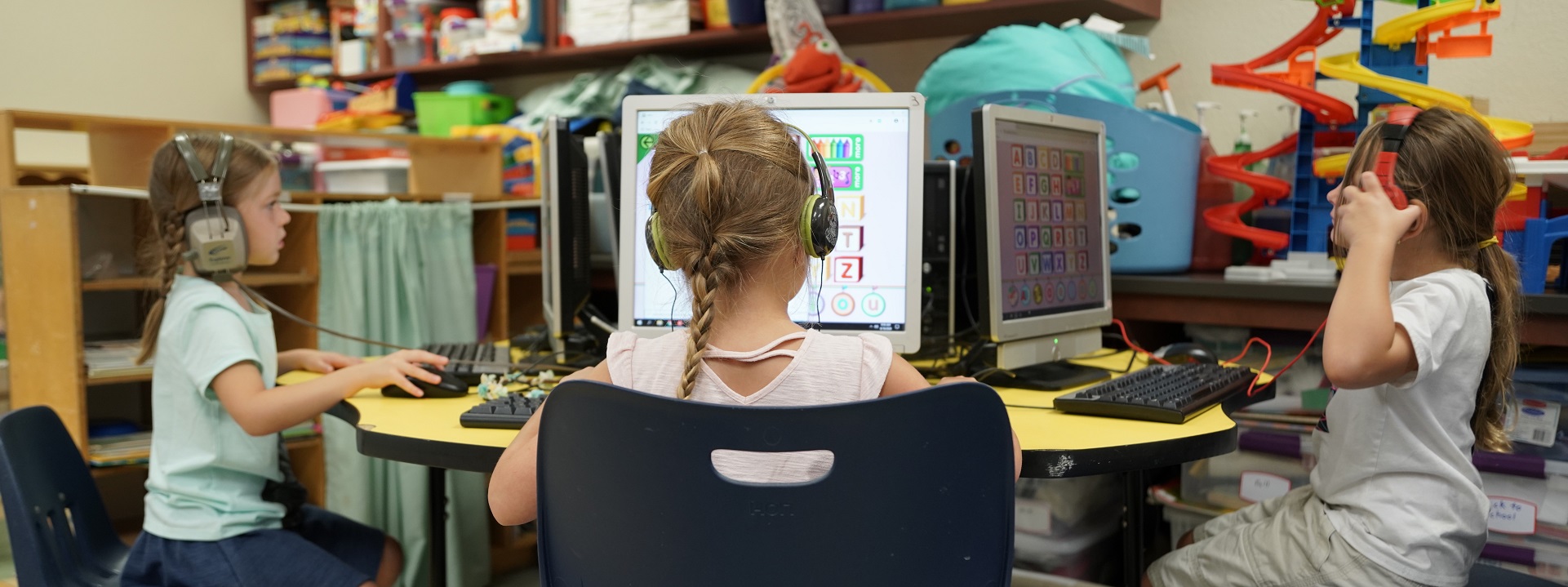
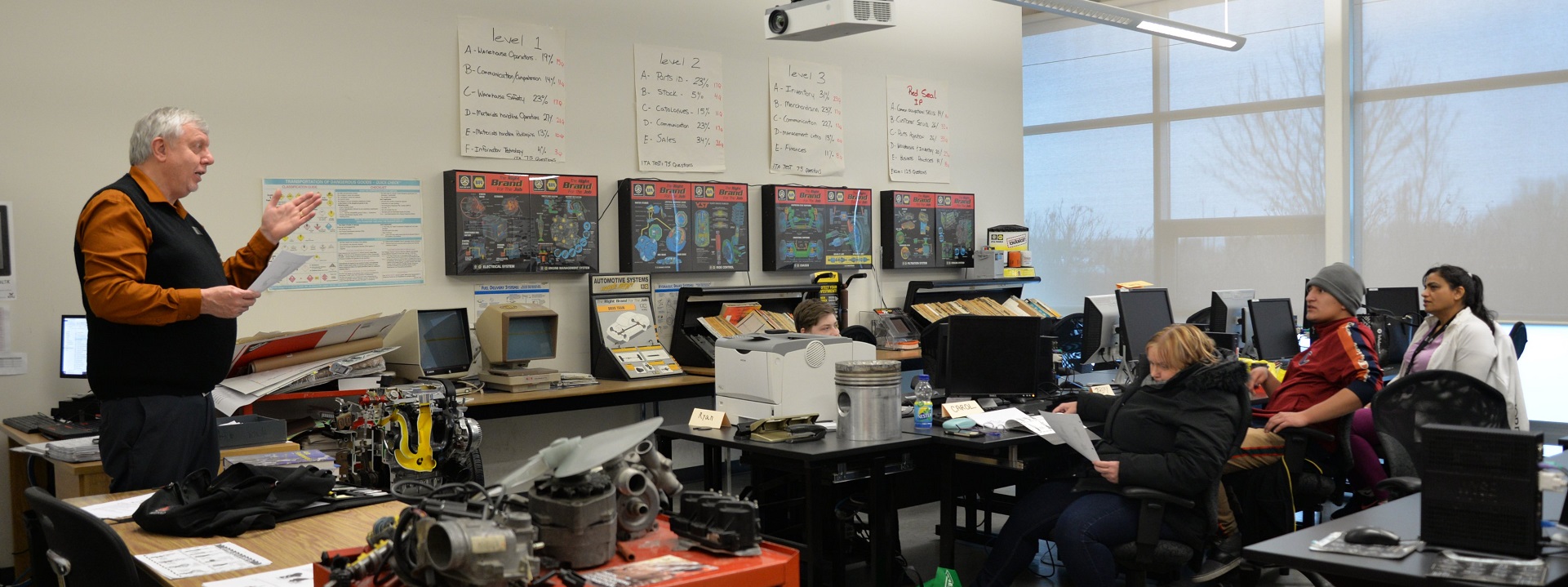
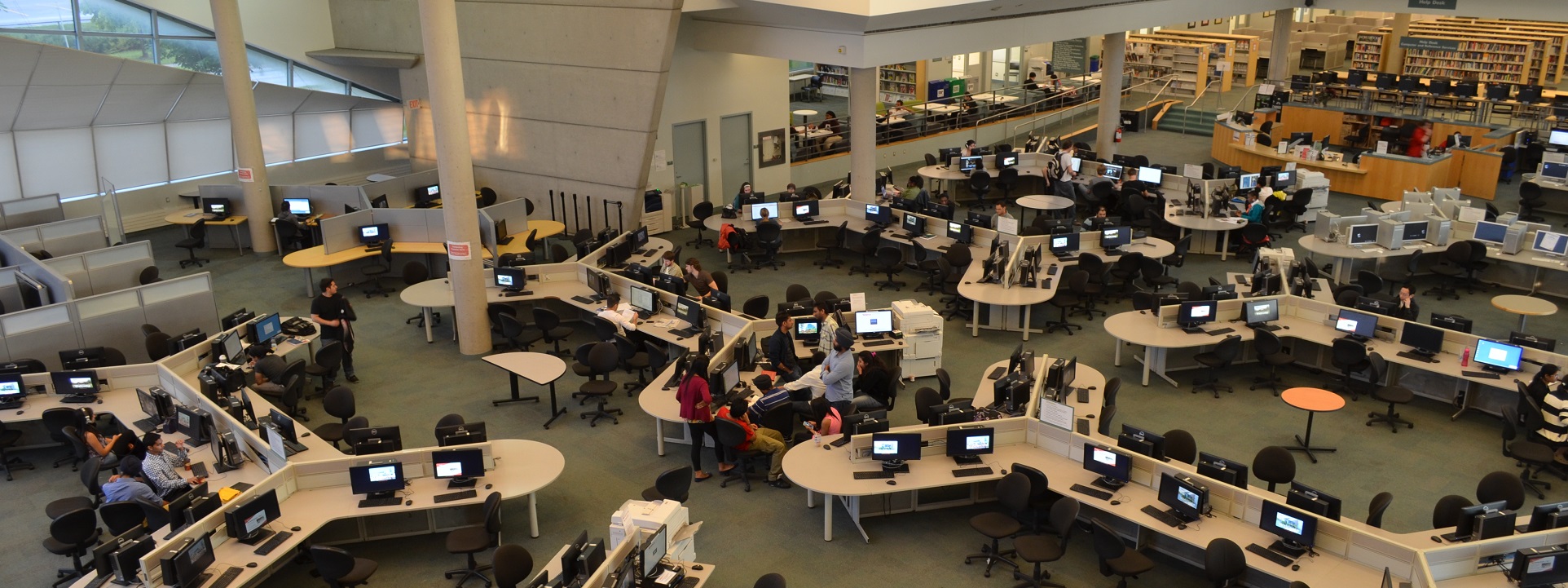
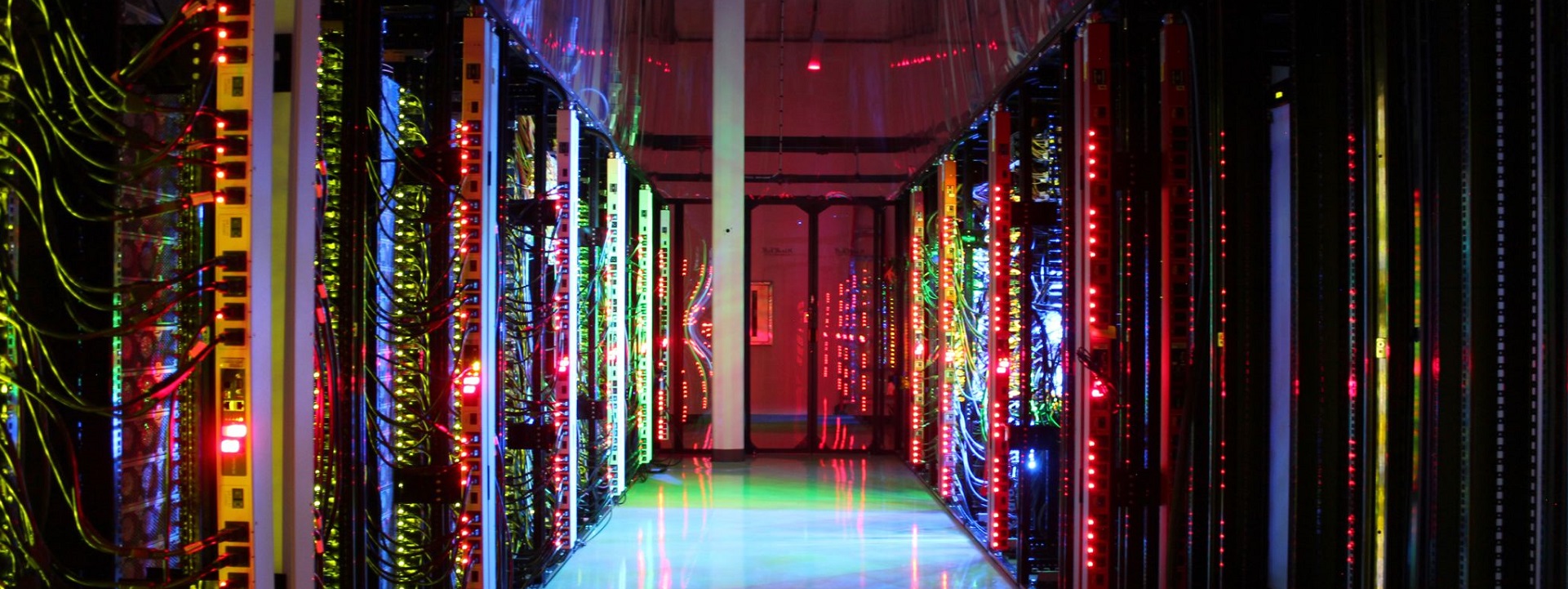
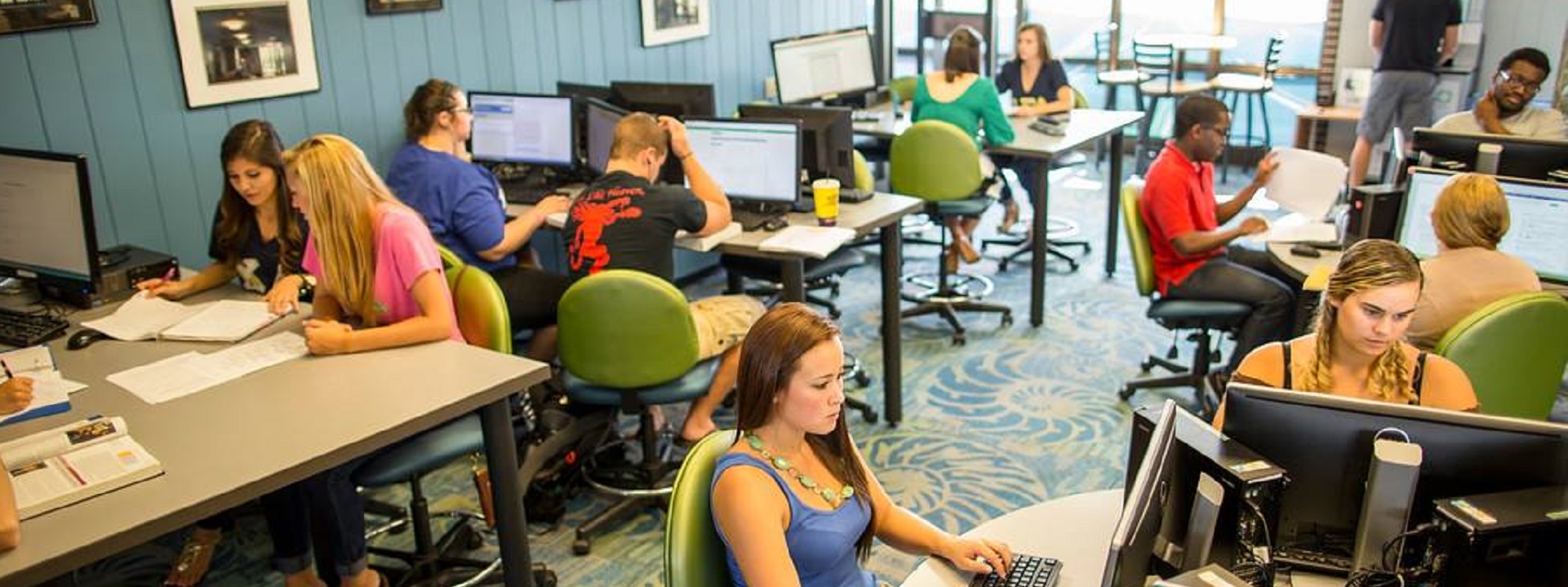
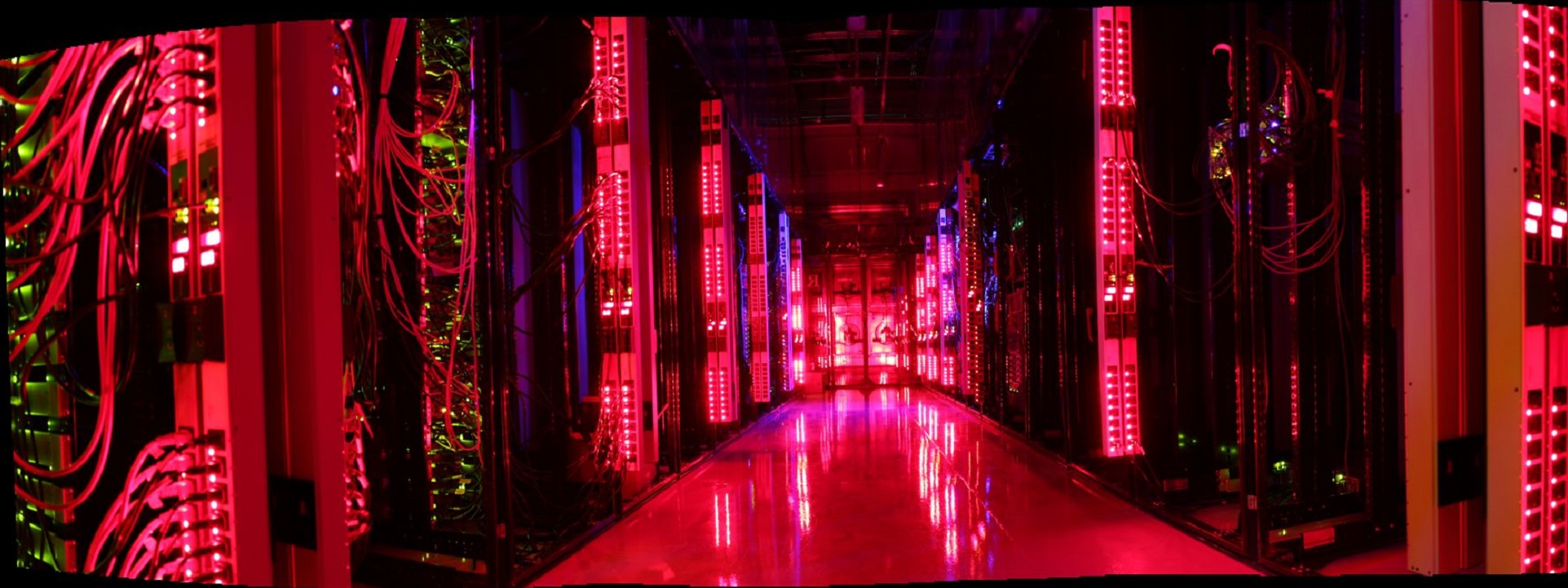


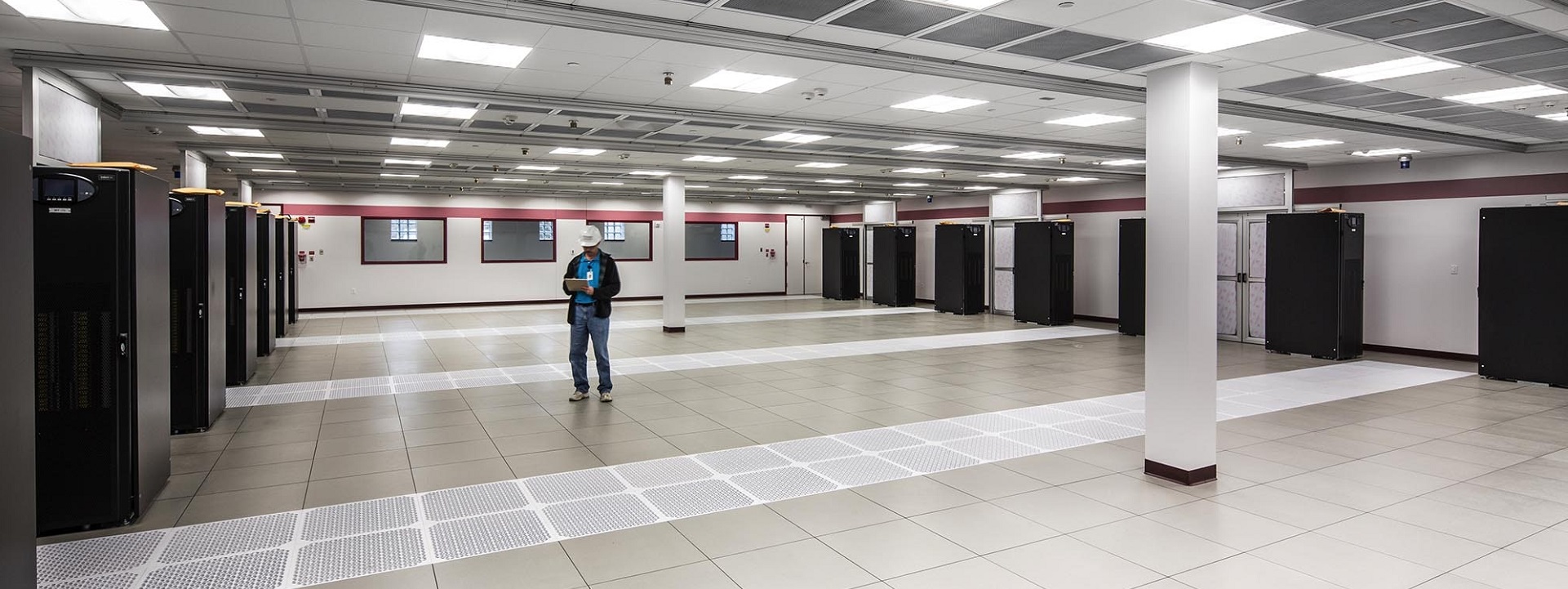
Readings:
“The Proposed Union of the Telegraph and Postal Systems” 1869 | Western Union Telegraph Company
“Systems of Logic Based on Ordinals” 1938 | Alan Turing, Princeton University
Call for Members
As ANSI’s United States Technical Advisory Group Leader, the International Committee on Information Technology Standards manages public consultations originating from the Geneva partner organizations that coordinate national standards organizations such as ANSI. The IEC develops its consensus titles in relatively smaller parcels which means that public review can be released in batches of 10 to 100 at a time. We see the same tsunami-like releases coming from ISO subcommittees. Hard to keep up with but we try; giving priority to titles incorporated by reference into codes, standards and regulations at the state and federal level. Meaningful information affecting #TotalCostofOwnership of education communities are typically buried deep, deep into best practice literature.
By comparison, most US-based standards setting organizations bundle best practice concepts into chapters and books. The books are big but they move more slowly and, arguably, have been superceded within weeks; a discussion for another colloquium.
A broad overview of INCITS information and communication standards setting is linked below:
Note that the titles are product titles (not interoperability) titles. We generally devote resources to interoperability titles for reasons we explain in our ABOUT.
We collaborate closely with the Institute of Electrical and Electronic Engineers, the world’s largest professional organization for the world’s most transformative technologies. Every 12 hours our algorithm picks up commenting opportunities relevant to the business side of the education industry and redirects them to the subject matter experts in the IEEE Education & Healthcare Facilities Committee which meets 4 times monthly in European and American time zones.
This much said, we always encourage direct participation in INCITS standards setting activity and in its administrative role as the US TAG to ISO/IEC Joint Technical Committee 1. CLICK HERE to get started on your own.
The INCITS suite is included on the syllabus of our Infotech and Global See our CALENDAR for the next online meeting; open to everyone.
More
Freely available ISO/IEC JTC1 Standards
Salutariness
Salutariness (Cleanliness) standards follow culture (which follows the science which follows water management systems). What is considered clean or hygienic in one culture may differ from what is considered clean or hygienic in another culture. In some cultures, it is customary to remove shoes before entering a home, as it is considered unclean to wear shoes indoors. In Japan, it is customary to take a bath or shower before entering a public bathhouse or hot spring, as it is considered unclean to enter a communal bath without washing first. Most public swimming pools in the United States conform to a similar standard.
In some cultures, it is customary to eat with one’s hands, while in others, using utensils is the norm. Similarly, in some cultures, it is customary to clean one’s hands and face before eating, while in others, it is not considered necessary. Cleanliness standards can also vary depending on the level of economic development, access to clean water and sanitation facilities, and public health policies in different countries. Mahatma Gandhi believed that promoting cleanliness and hygiene could help in building a strong and self-sufficient nation.
At 15:00 UTC today we review best practice literature for hygiene in education community interior spaces; including related accessory technologies. Owing to the circumstances of the pandemic we have rewritten our past coverage of this topic for 2022.
Among the standards setting organizations active in this domain: (Short List)
American Society of Mechanical Engineers
ASME: Personal hygiene devices for water closets.
American Society of Heating and Refrigeration Engineers (ASHRAE International)
American Society of Safety Professionals
American Water Works Association
“Responding to Water Stagnation in Buildings with Reduced or No Water Use”
Association of Physical Plant Administrators (APPA)
When you are short on custodians for a few days and staff members voluntarily chip in… during their planning time. ❤️
This is culture. #multiplyexcellence pic.twitter.com/R3OhZE1g3Q
— Emily Paschall (@EmilyAPaschall) April 22, 2023
International Association of Plumbing Mechanical Officials (IAPMO Group)
Institute of Electrical and Electronic Engineers
Prospect of Solar-assisted Heat Pump Water Heating Systems for Student Residences
Identification of Legionella Species by Photogate-Type Optical Sensor
Smart Biosensor for Rapid and Simultaneous Detection of Waterborne Pathogens in Tap Water
Innovative UV-C LED Disinfection Systems for DrinkingWater Treatment
Institute of Inspection, Cleaning and Restoration Certification
International Code Council
International Building Code: Chapter 12 Interior Environment
International Mechanical Code: Ventilation
International Plumbing Code: Sanitary Drainage
International Kitchen Exhaust Cleaning Association
International Sanitary Supply Association
Design Guidelines
National Air Duct Cleaners Association
Standard for Assessment, Cleaning and Restoration of HVAC Systems
National Fire Protection Association
“NFPA responds to the coronavirus”
National Sanitation Foundation (Several titles)
Occupational Safety & Health Administration
Centers for Medicare and Medicaid Services
State and Federal Regulations Open for Comment
We place public consultation deadlines at top priority in the time available and will schedule a separate break-out session to write and send comments.
Open to everyone. Use the login credentials at the upper right of our home page.
Housekeeping Closets
Post-Secondary Education: Facilities Inventory and Classification Manual
Managemen: Five Questions You Should Ask About Your Custodial Closets
Western Michigan University: The Custodian’s Role in Student Success
State of Illinois Administrative Code for Housekeeping and Storage
McGill University Special Building Areas: Custodial Areas
Washington University St. Louis: Custodial Space Requirements
Florida State University: Custodial Closet Design
Florida State University: Design Criteria and Requirements for Custodial Closets
Oregon State University Custodial Area Design
Oregon State University: Custodial Closets
ASHRAE Standard 62.1: Ventilation for Acceptable Indoor Air Quality: Custodial Area Ventilation
New update alert! The 2022 update to the Trademark Assignment Dataset is now available online. Find 1.29 million trademark assignments, involving 2.28 million unique trademark properties issued by the USPTO between March 1952 and January 2023: https://t.co/njrDAbSpwB pic.twitter.com/GkAXrHoQ9T
— USPTO (@uspto) July 13, 2023
Standards Michigan Group, LLC
2723 South State Street | Suite 150
Ann Arbor, MI 48104 USA
888-746-3670





